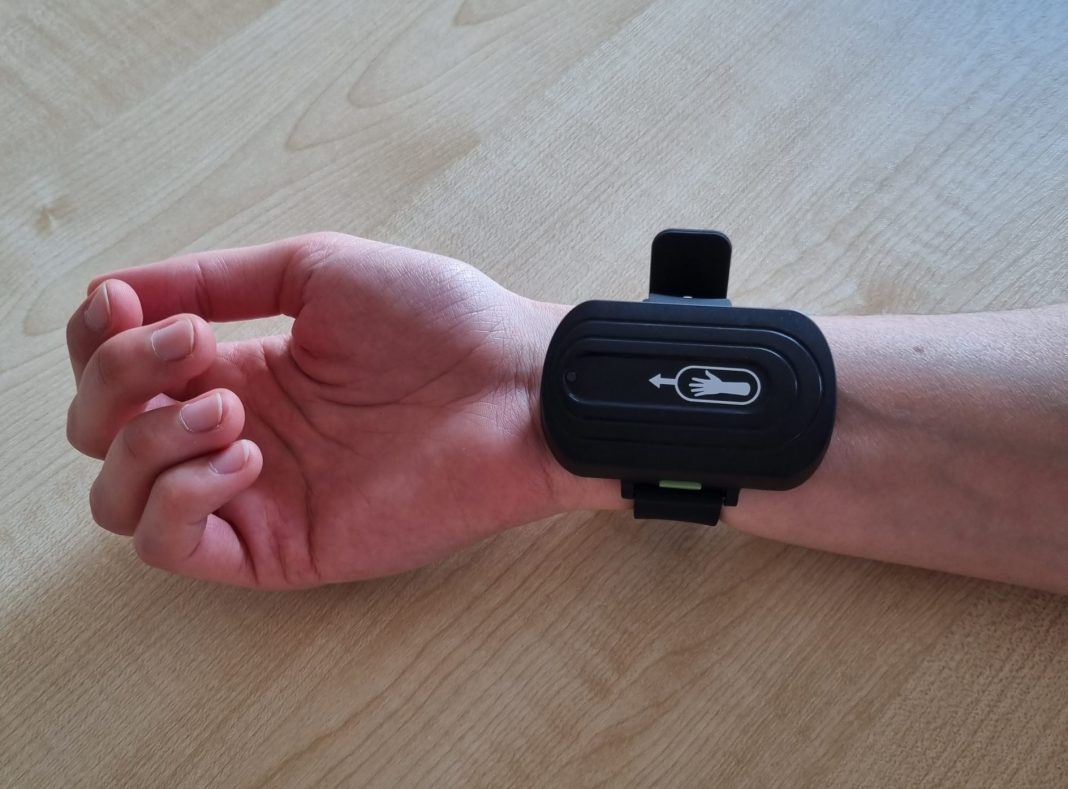A new wrist device to help control Tourette’s Syndrome is a step closer to being commercialised after University of Nottingham spin-out company Neupulse raised almost £1m in additional funding.
Neupulse completed a second round of funding in December 2022 and raised £918,000 from existing investors and groups of High Net Worth individuals from around the world.
The investment will start the development of the commercially available wearable for use by individuals with Tourette’s Syndrome to stop tics.
“This is an exciting time for the company as we move forward to the next stage of our development by starting to design the wearable that will bring choice to thousands of individuals that have Tourette’s Syndrome,” said Paul Cable, chief operating officer at Neupulse.
The spin-out company has used research from scientists from the University of Nottingham’s School of Psychology that uses repetitive trains of stimulation to the median nerve (MNS) at the wrist to entrain rhythmic electrical brain activity – known as brain-oscillations – that are associated with the suppression of movements. They found that rhythmic MNS is sufficient to substantially reduce tic frequency and tic intensity, and the urge-to-tic, in individuals with TS.
Tourette’s Syndrome is a neurodevelopmental disorder that is usually diagnosed between the ages of eight and 12. It causes involuntary sounds and movements called tics. Tics are involuntary, repetitive, stereotyped movements and vocalisations that occur in bouts, typically many times in a single day, and are often preceded by a strong urge-to-tic, referred to as a premonitory urge (PU).
“We’re delighted to have secured the funding for the next phase of development. In addition to raising additional investment in the company, we have also successfully completed our double-blind sham-controlled clinical trial of the Neupulse device, demonstrating the effectiveness of the Neupulse device in reducing tics in Tourette syndrome. I very much look forward to developing the commercially available device,” said professor Stephen Jackson, research lead at the University of Nottingham and director at Neupulse.
Since being launched in March 2021 Neupulse has achieved several significant milestones including development of a prototype device for use in a trial that has just been completed; the results of this double blinded study are being analysed and are due to be published later this year. An app is also being developed to support individuals in recording their tics.



